Although four private clinics in Feni still offer dialysis, the costs are significantly higher, making it unaffordable for many patients. When visiting the hospital yesterday, the dialysis center was found closed, leaving five or six patients who had come for treatment without care. A patient named Mostafiz reported that dialysis at private clinics costs five to six times more than at the government facility. He further noted that these clinics are exploiting the situation by charging inflated fees, leaving patients in a vulnerable state.
Fahima Akhter Bithi, a resident of Mirzanagar Union in Parshuram Upazila, explained that her mother, a long-term kidney patient, used to receive dialysis at Feni General Hospital. Due to the worsening flood, the hospital authorities relocated the equipment to the upper floors and discharged the patients. However, three weeks have passed, and the services have yet to resume. According to hospital sources, Feni General Hospital not only serves patients from the six upazilas of Feni district but also from neighboring areas like Khagrachari, Mirsharai, Sitakunda in Chittagong, Basurhat and Senbagh in Noakhali, and Chauddagram in Comilla. Currently, there are 210 active dialysis patients, with over 500 applications awaiting approval.
Dr. Jaydev Saha, the head of the kidney dialysis department, emphasized that kidney patients require dialysis twice weekly. Missing treatments can lead to serious complications or even death. The hospital's Residential Medical Officer, Dr. Md. Asif Iqbal, stated that the flooding affected all the ground floors, prompting emergency services to be moved to the second floor. However, the dialysis unit remains closed due to damaged motors and equipment, which have been sent to Dhaka for repairs. Services will resume once the repairs are complete. Efforts to contact the hospital superintendent, Abul Khair Miaji, were unsuccessful, but District Commissioner Mosammat Shahina Akhter promised to address the situation.
The hospital launched its dialysis services in February 2020 with six beds, expanding to 10 beds as demand increased. Operating in three shifts, the unit provided daily dialysis to 30 patients, staffed by a consultant, two medical officers, and nine nurses working in rotations.
END/MKB/SMA/








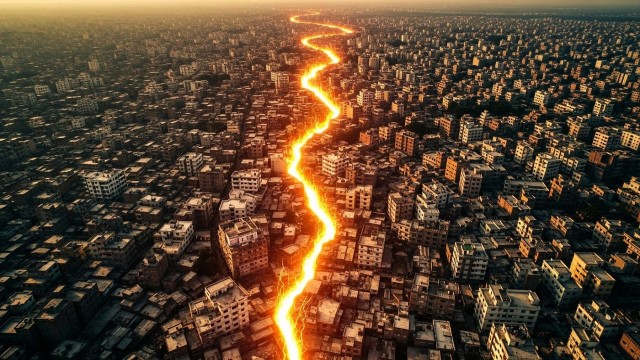
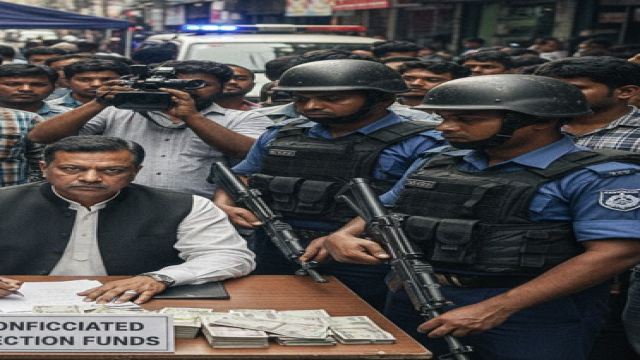



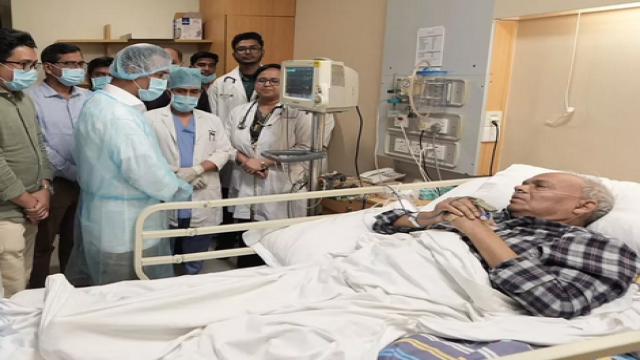
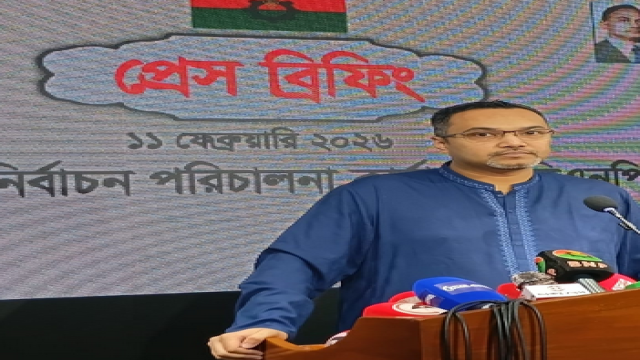
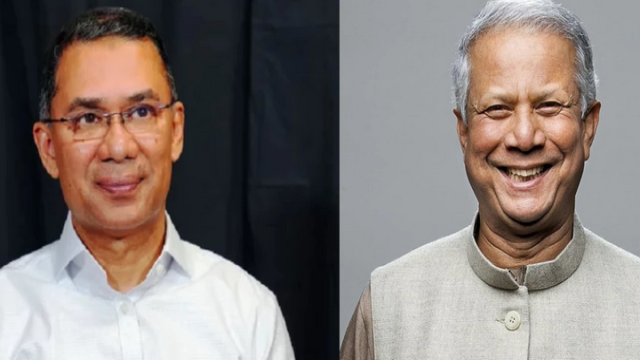
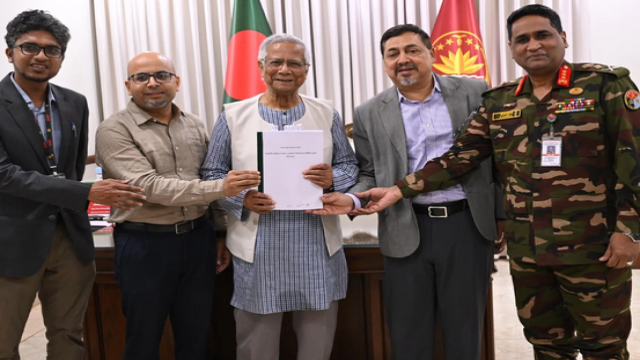
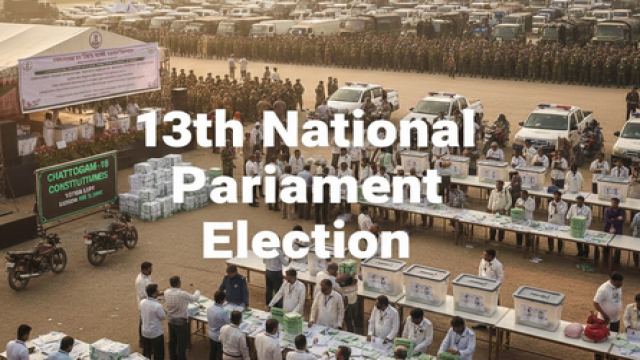
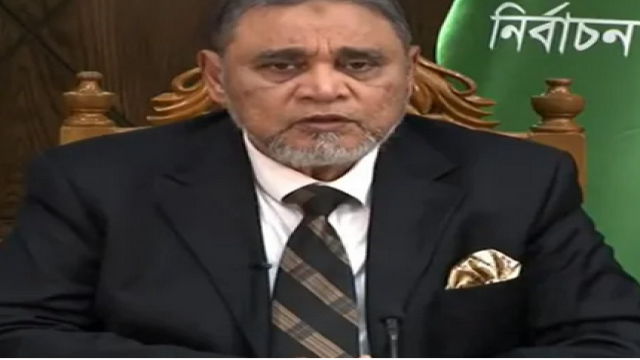











Comment: